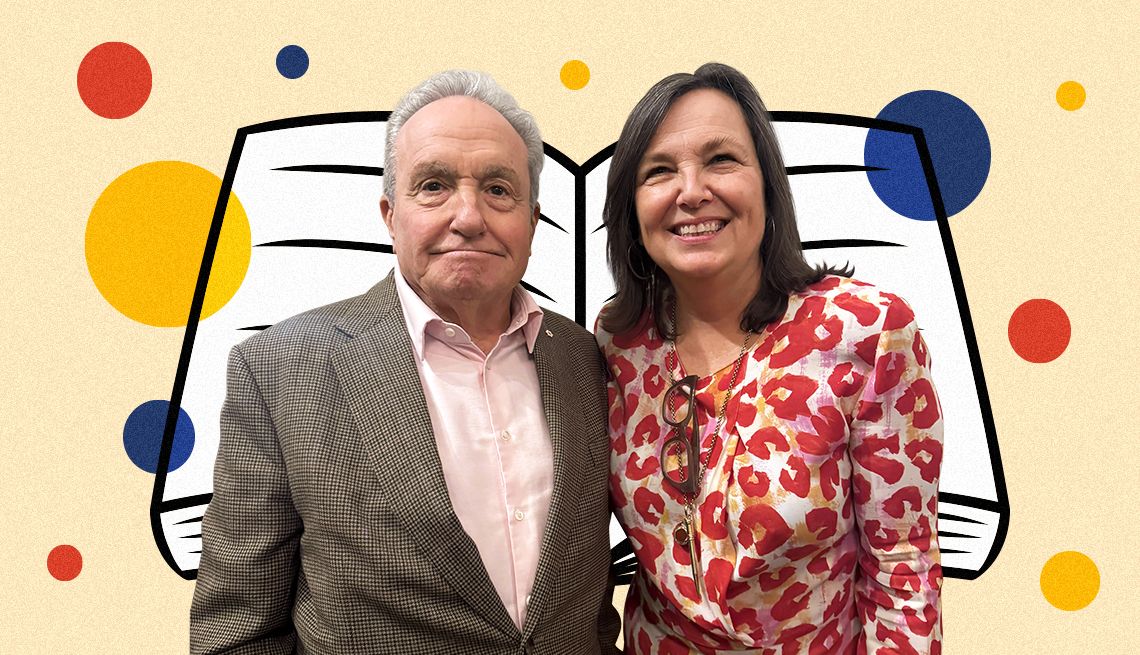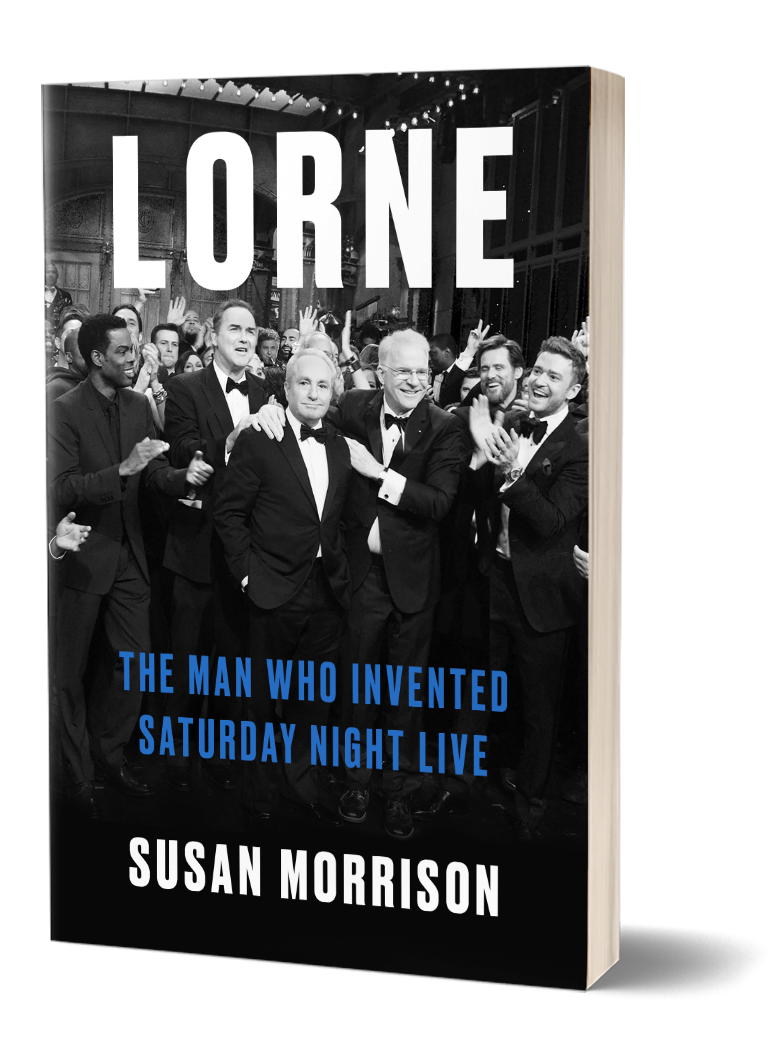AARP Hearing Center


In 1976, just after my 16th birthday, I found myself sitting in Studio 8H at Rockefeller Center for a live broadcast of Saturday Night Live. I’m sure I missed a lot of the references, but I never forgot the thrill of sitting in a working TV studio with cameras on cranes flying over my head. The show was brand-new, and I had no way of knowing how enduring it would be, nor how it would intersect with my grownup life, culminating nearly 50 years later in the publication of my first book: a biography of the show’s creator, Lorne Michaels.
Even stranger, Lorne: The Man Who Invented Saturday Night Live wasn’t just my first book: It was my first published piece of writing, ever. And so I had the mind-bending experience of finding myself at No. 4 on the New York Times bestseller list the same week I applied for Medicare.
Although I’ve spent my whole career as a magazine editor, I never had a hankering (as a lot of editors do) to see my own byline over a story. The exposure involved in that held no appeal. Then, 10 years ago, I watched the SNL 40th anniversary special and found myself thinking about how Michaels has been responsible for what makes generations of Americans laugh — an astonishing accomplishment. He was a potent, mysterious figure, hiding in plain sight, and I decided that someone should write a book about him.
Why did I suddenly want to write that book? I am not exactly sure, but here are a few clues. I had become an empty nester, and I had the preposterous idea that I’d now have a lot of free time, even with my day job. On the principle that learning new things wards off dementia, I thought, Maybe I should push myself to try something new and difficult. Also, I had a big, scary debt to pay off, connected to my divorce settlement, and I had a hunch that a Lorne Michaels book would sell. After my book proposal resulted in a bidding war, I got an advance from a publisher, and I nervously set to work.





































































You Might Also Like
The 75 Essential Books for Gen Xers
Remembering the reads that entertained us, taught us and shaped us into who we’ve become
Short Story Gems for Your Book Club
No time to read a long novel? A good story can give your group plenty to talk about
Warm-Hearted Novels to Brighten Your Day
Find solace in these feel-good novels from Japan and South Korea